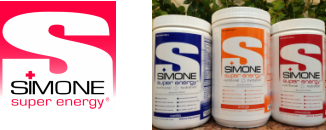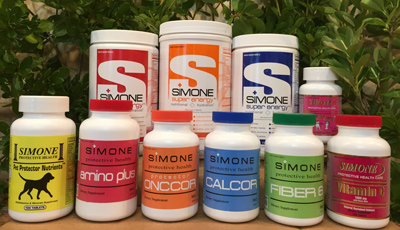PATIENT-ASSISTANCE PROGRAMS – BIG PROFITS FOR BIG PHARMA
by Dr Simone | Apr 17, 2015 | Big Pharma |

We do not diagnose disease or recommend a dietary supplement for the treatment of disease. You should share this information with your physician who can determine what nutrition, disease and injury treatment regimen is best for you. You can search this site or the web for topics of interest that I may have written (use Dr Simone and topic).
“We provide truthful information without emotion or influence from the medical establishment, pharmaceutical industry, national organizations, special interest groups or government agencies.” Charles B Simone, M.MS., M.D.
PATIENT-ASSISTANCE PROGRAMS – BIG PROFITS FOR BIG PHARMA
Lawrenceville, NJ (Dr. Simone) – Some employers implement patient cost-sharing in the form of higher copayments that reduce healthcare costs for the company. This reduces the patient’s demand for medical care and prescription drugs.
In response Big Pharma created patient-assistance programs so that patients will request more prescription drugs. These programs greatly decrease the out-of-pocket drug costs for the patient but greatly increase profits for Big Pharma. For example, Biogen’s drug dimethyl fumarate for multiple sclerosis has a copayment $10 a month, less than 1% of the total cost of the drug. Another example is for a drug for prostate cancer, Provenge that costs $93,000. The patient pays $6000 for copayments, coinsurance and deductibles, and even receives some travel money. Medicare/Medicaid, the health insurance company, employer and taxpayer pay the rest – $87,000.
Big Pharma spends about $4 billion a year on patient-assistance programs that effectively: (1) increase demand for their drug, (2) allow companies to charge higher prices and thereby gain higher profits, and, (3) enjoy tremendous public-relations benefits. These programs induce patients to request the expensive drug that they may not otherwise request, and forego equally effective, non-patented less expensive drugs. And with greater patient demand, Big Pharma can command even higher prices.
The Department of Health and Human Services has warned that these patient-assistance programs may violate the federal anti-kickback statute by providing “a remuneration” that illegally induces consumption of services.
Patient-assistance programs increase costs for insurers, employers and taxpayers. This cost sharing is nothing more than cost shifting.
(c) 2017 Charles B Simone, M.MS., M.D.



